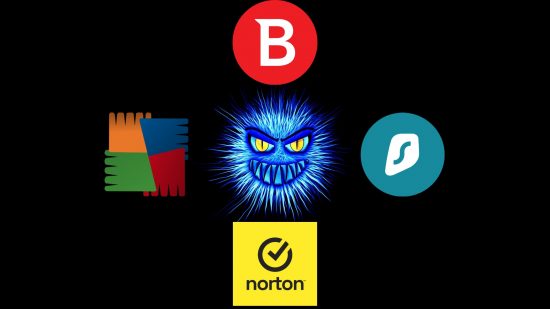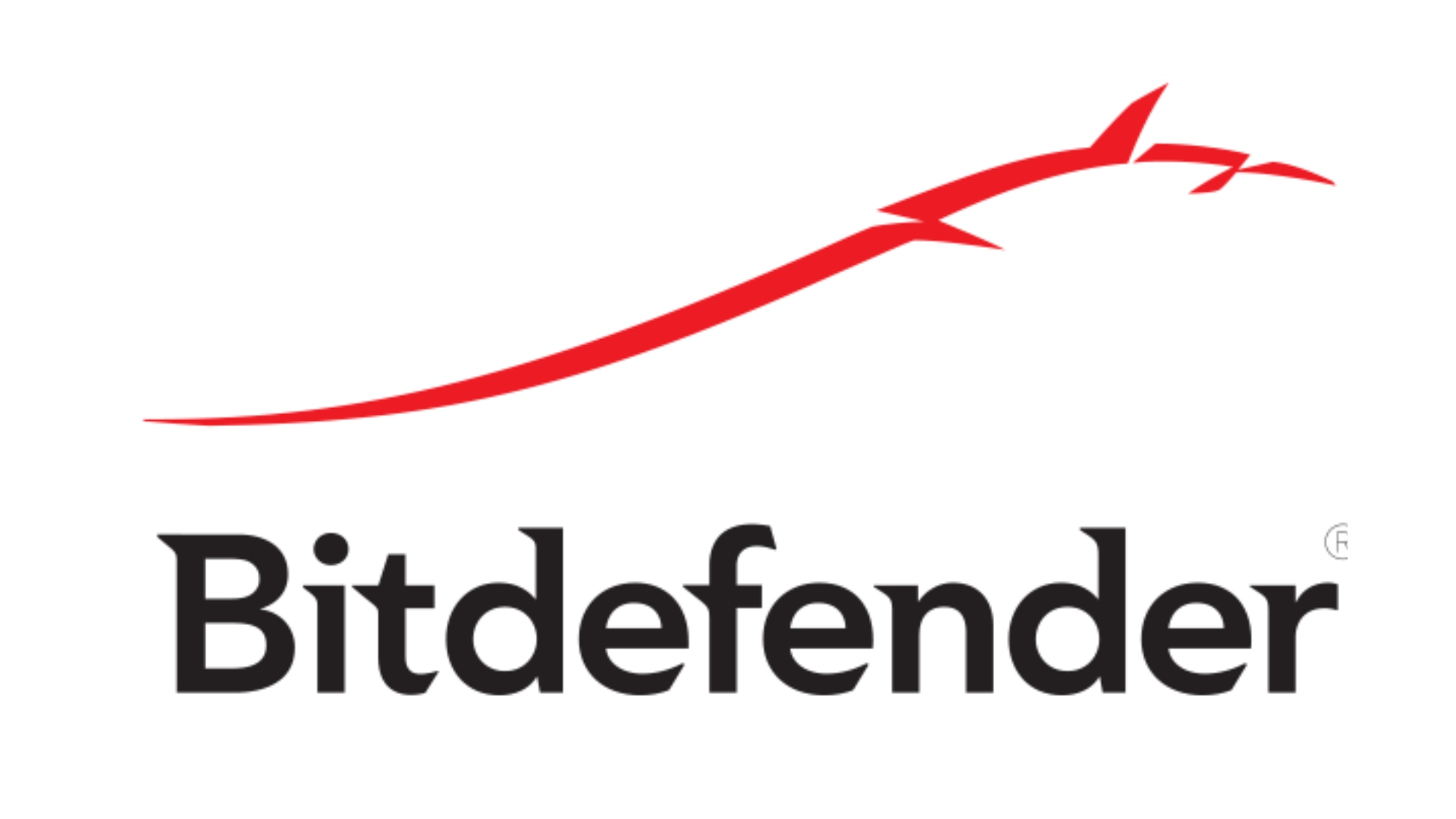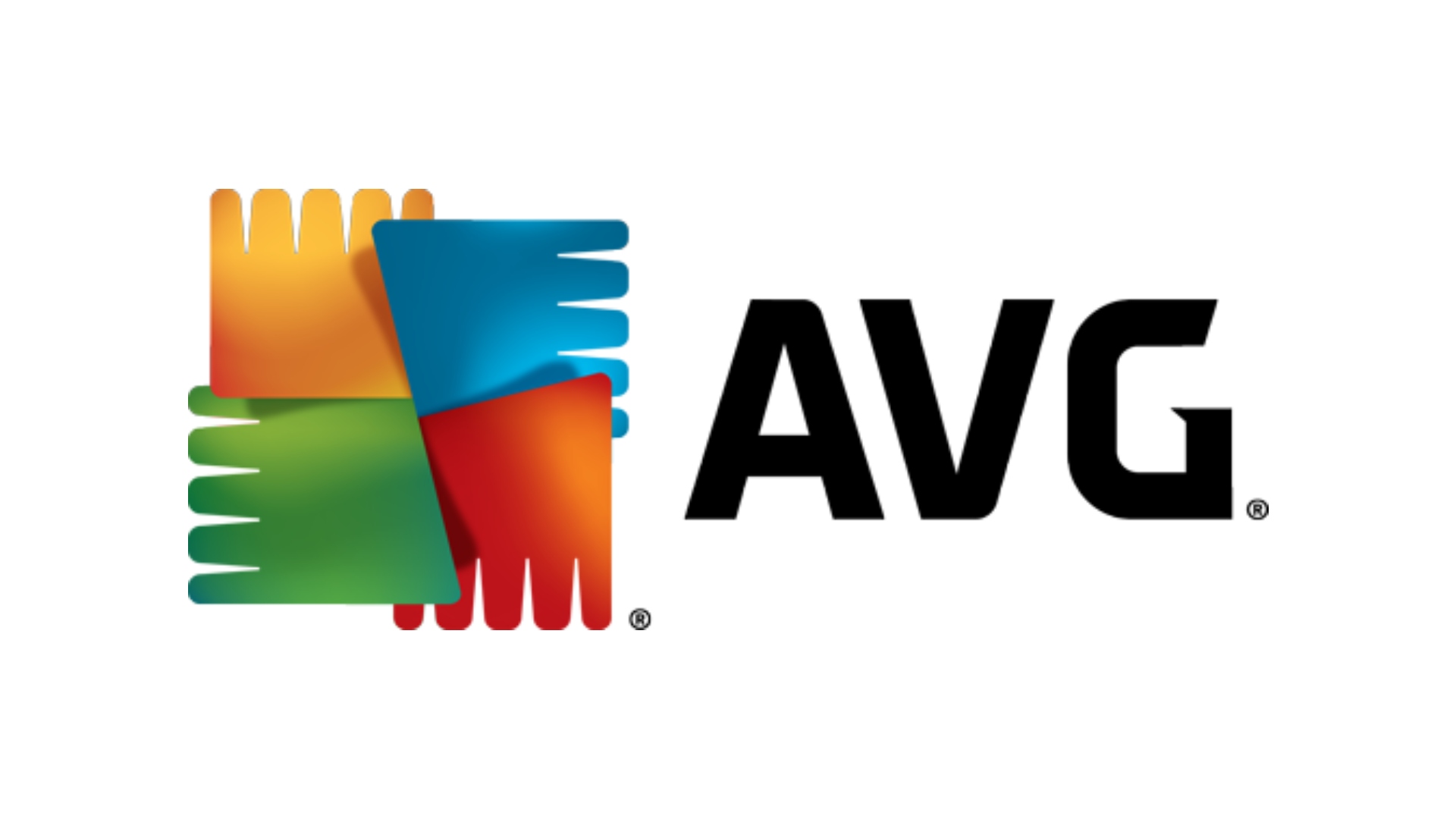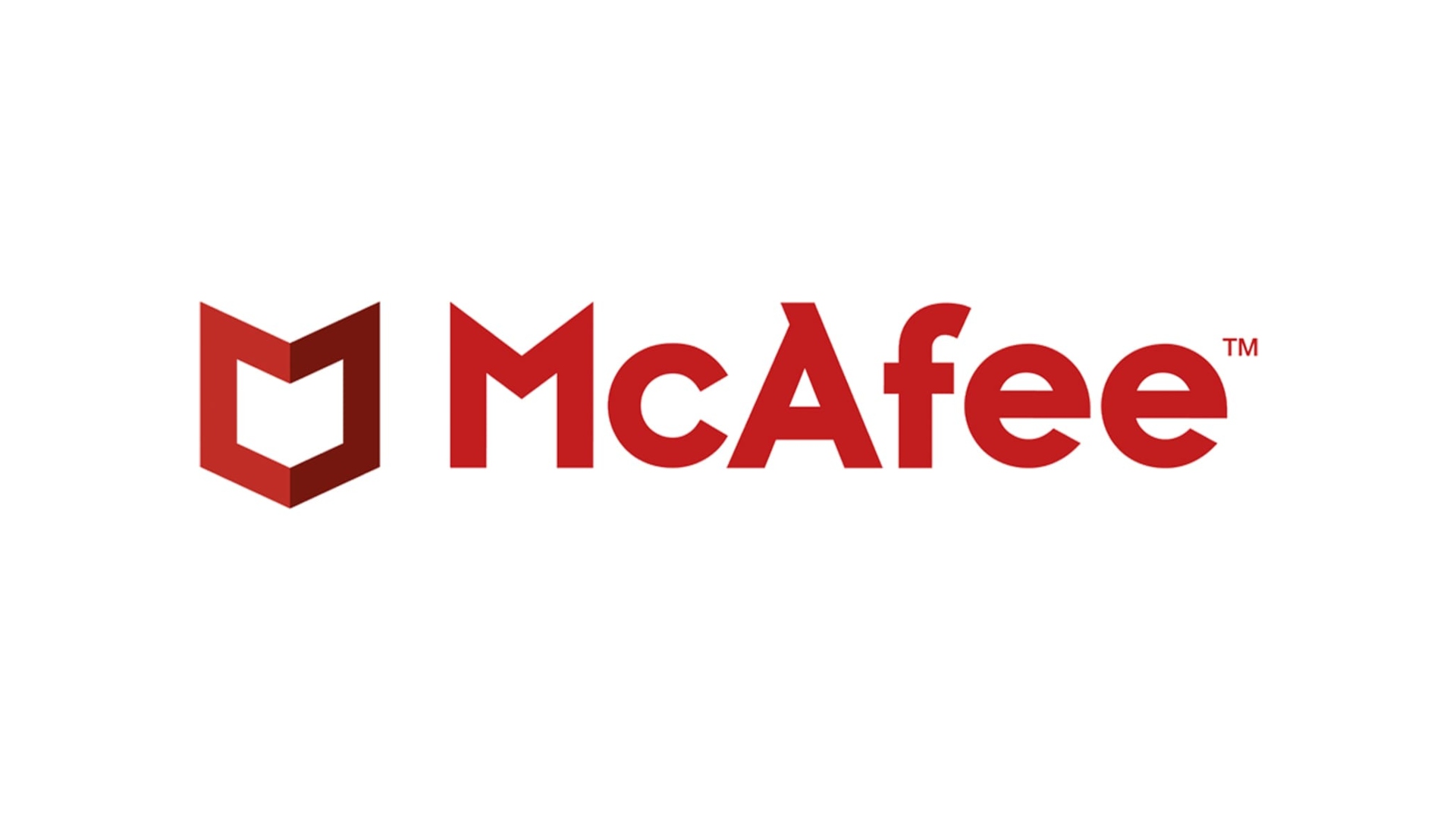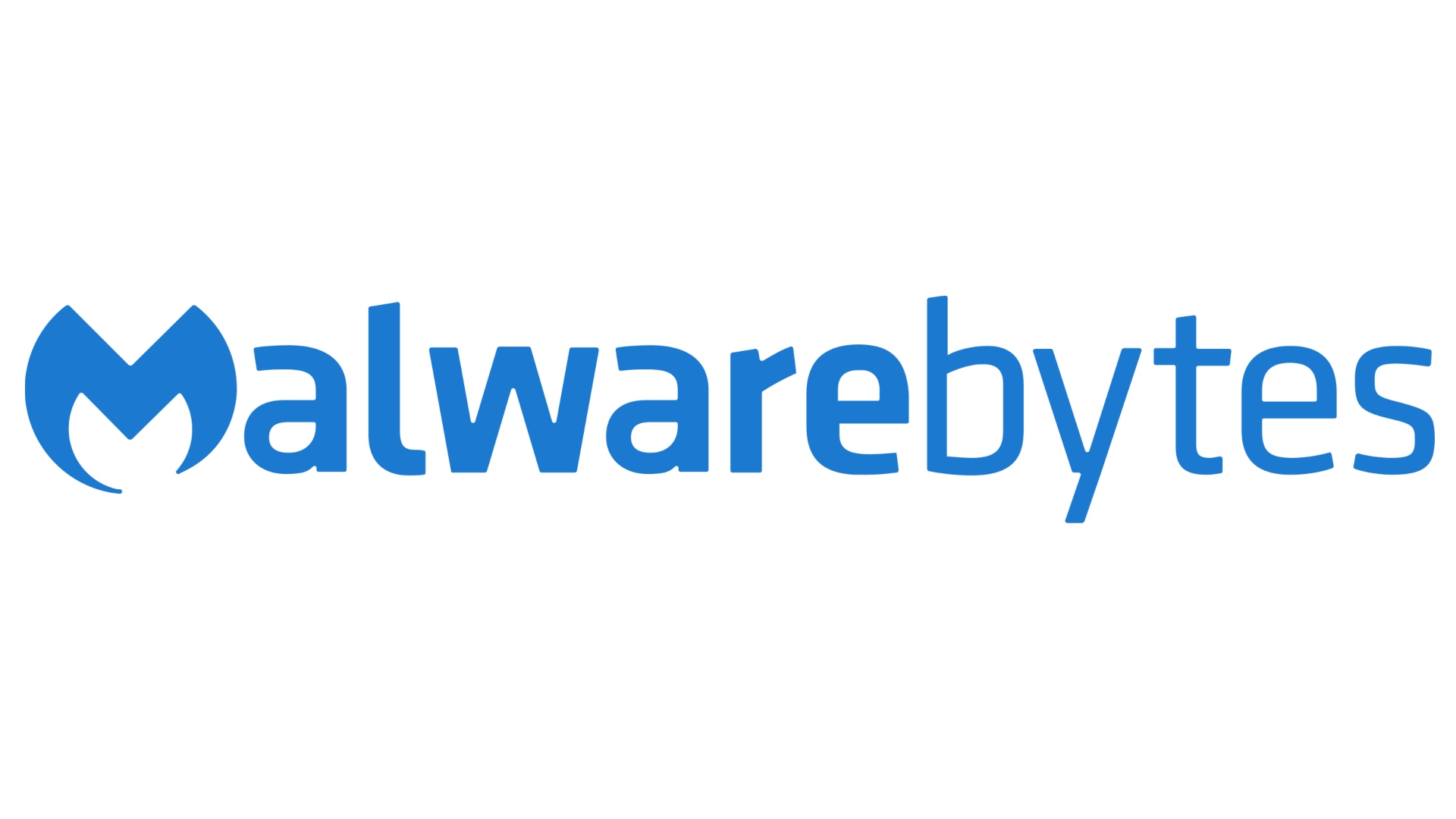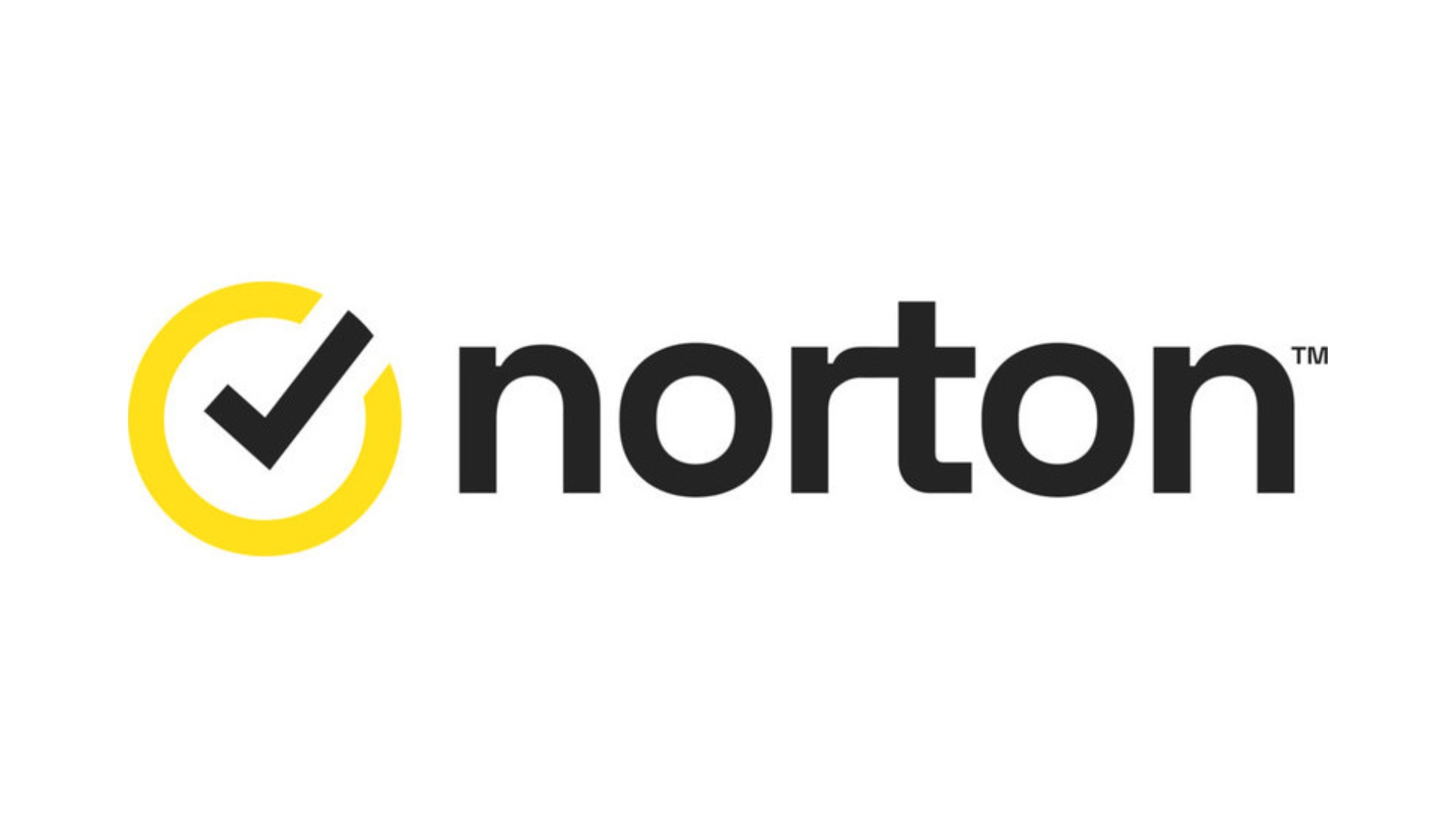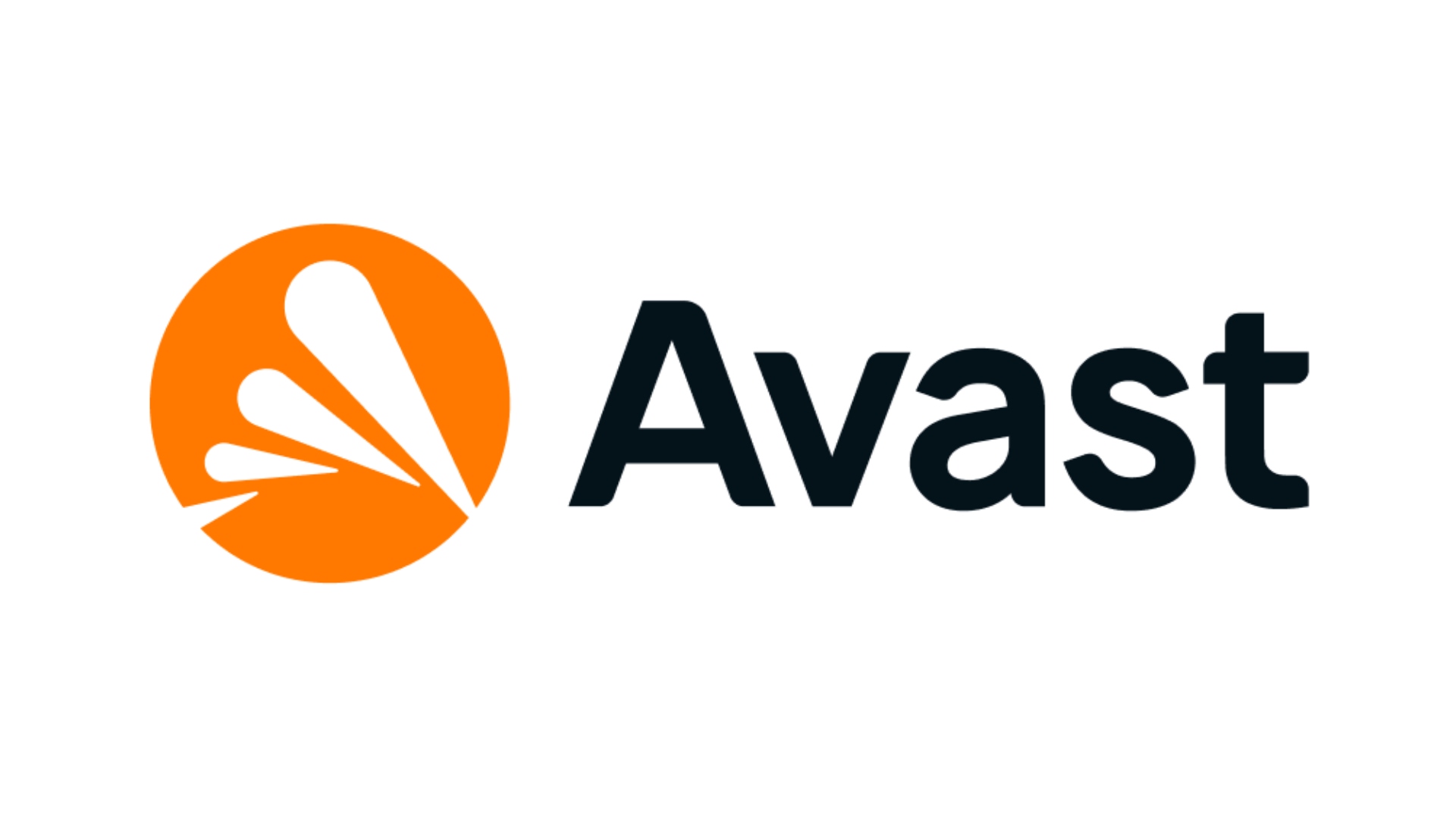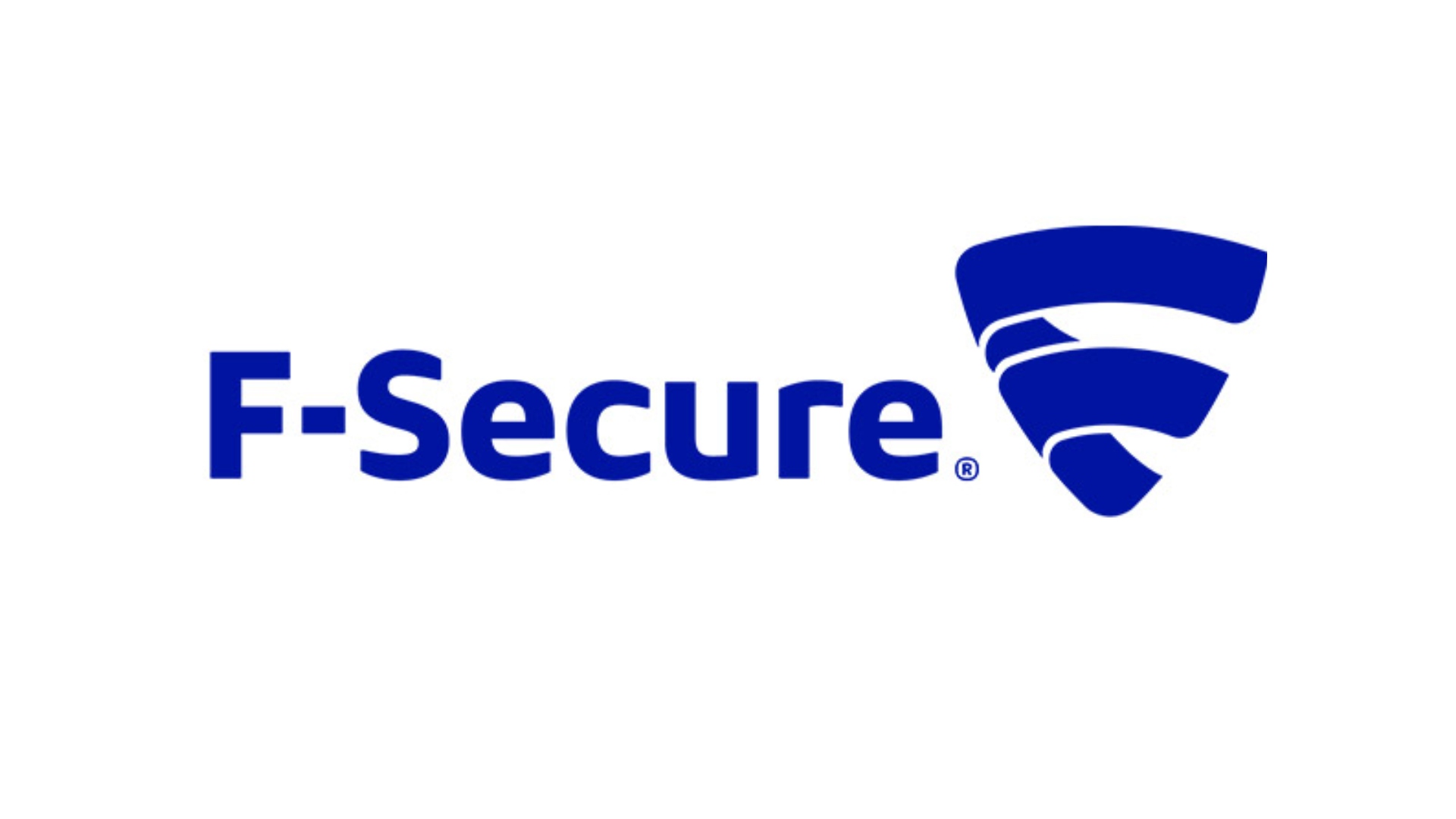What’s the best antivirus software? For all PC-owners the best antivirus should be an important part of your repertoire. You don’t want to have your save files corrupted, or your logins leaked so that any digital criminal can steal all your personal information and anything else that you have stored on your PC.
Well, many gamers are content with Microsoft Defender. Built-in with all modern Windows platforms, Microsoft Defender provides a solid antivirus, along with malware defence, biometric logins (e.g. fingerprints), and more. By all means, it’s not a bad place to start, but what about those who aren’t fond of Windows Defender? Or those who are looking for something a little more comprehensive?
We’ve got you covered. In this guide, we’ve gone over eight of the best antivirus providers, weighing up the costs and benefits of each one in order to help you better defend your own PC. Combine these with the most secure VPN services or the best gaming VPN and you’ll have a really solid privacy and security set-up.
The best antivirus providers for PC are:
- Bitdefender – best choice
- AVG – best cheap choice
- McAfee -best for hands-on support
- Malwarebytes – best for malware
- Norton – best for gaming
- Avast – best free choice
- F-Secure – best for personal use
- Surfshark – best with a VPN
1. Bitdefender
Bitdefender is the best antivirus overall.
Bitdefender features:
| Free plan | No |
| Firewall protection | Yes |
| Malware removal | Yes |
| Data breach alerts | Yes (optional extra) |
| VPN | Yes (optional extra) |
Pros
- Services tailored to use
- Top-notch malware protection
- Comes with a free VPN
Cons
- No free trial
- No free plan
Bitdefender is an antivirus provider that specializes in solutions for personal use and businesses alike. Whether you’re a PC or Mac user, you can rest assured that with this installed, you won’t need to worry about Malware making its way onto your device. Bitdefender stops threats before they’ve even started to download, keeping you as safe as possible.
It also takes steps to prevent problems from happening in the first place. If you visit a website that has been known for infecting people’s devices in the past, it’ll give you a prominent warning so you know to high-tail it out of there. There’s tons of neat features, and what’s nice is that they have so many different payment plans, that you only need to pay for what you’re actually likely to use.
The cherry on the cake is that this antivirus also comes packaged with a VPN. That makes you’ll get privacy and security together in one package. Though we should mention that its free VPN isn’t as good as the dedicated providers on our best VPN list, and gives you a limited data allowance for it each month.
2. AVG
AVG is the best cheap antivirus.
AVG features:
| Free plan | Yes |
| Firewall protection | Yes |
| Malware removal | Yes |
| Data breach alerts | Yes (certain plans only) |
| VPN | Yes (certain plans only) |
Pros
- Reasonably priced
- Free plan available
- Built-in firewall
Cons
- A little slower than others
- URL detection less robust
Owned by Avast (who you’ll read more about later), AVG is one of the few antivirus providers to give a reliable free plan – and even if you do pay, the pricing is much more affordable than others too. It’s definitely the one to go for if you’re on a tighter budget.
A lot of free antivirus software isn’t really up to scratch, but this one is a perfectly viable option for your online protection. Admittedly, it’s not quite as impressive as the more premium options on the list (for example, in the sense that it’s a little slower, and not quite as robust in its detection of malicious URLs), but it’ll still do a fantastic job of keeping your computer virus-free.
If you decide to upgrade and start paying for AVG, you’ll gain access to additional protection to protect you from hackers, with an easy option to upgrade in-app should you ever decide to make the leap. Whether you pay or not, there’s no denying that this is a fantastic antivirus.
3. McAfee
McAfee is the antivirus with the best hands-on support
McAfee features:
| Free plan | Yes |
| Firewall protection | Yes |
| Malware removal | Yes |
| Data breach alerts | Yes |
| VPN | Yes (certain plans only) |
Pros
- Works with most devices
- Protection pledge offers further security
- Unlimited devices
Cons
- Slightly limited on Mac
- In-app marketing a bit too pushy
For the few who don’t know it, McAfee has provided internet security solutions around the world since the 1980s, so if you go with this one, you know you’ve chosen a provider that knows its stuff. What makes it really special, is the McAfee protection pledge.
McAfee is so confident in the ability of its antivirus software, that in the unlikely event that you do get an virus on your computer while you have an active subscription, they’ll have an expert inspect your device and remove the virus themselves. If they fail to do so, you’ll get a full refund.
You’re about as likely to get a virus with McAfee as you are with any other antivirus (i.e. not very likely at all), but this should offer you some extra peace of mind. The only real problem with this antivirus (other than slightly reduced Mac functionality) is that if you ever switch to another provider, the marketing directed to you can feel almost aggressive.
4. Malwarebytes
Malwarebytes is the best antivirus for removing malware.
Malwarebytes features:
| Free plan | Yes |
| Firewall protection | No |
| Malware removal | Yes |
| Data breach alerts | Yes |
| VPN | Yes, though mostly only optimized for Windows |
Pros
- Excellent at removing malware
- Has a free plan
- Has a VPN
Cons
- Full scan not available by default
- Less good at ransomware
Some antivirus providers focus all their attention on making sure that you never get malware on your device. While Malwarebytes certainly does this as well, it is particularly adept at removing malware that has managed to penetrate your defenses. It’s definitely not the only provider on this list that can do that, but it is the best at it.
Meanwhile, this is another of the antivirus providers that give you a VPN as well, and unlike many other providers, this is a VPN that is not limited by a monthly data cap. Obviously, it’s still not as good as a dedicated VPN service, but it’s still an excellent addition that’ll let you connect through other regions and give you an extra layer of privacy.
Bizarrely, Malwarebytes does not give you a simple option to scan your whole device for malware. You’d think that this would be a basic feature that everybody would want, but you have to tinker in the settings in order to get it to do this. There have also been reports of it struggling to identify certain types of Malware, but all in all, these weaknesses don’t outweigh its strengths.
5. Norton
Norton is the best antivirus for gaming.
Norton features:
| Free plan | No, just a week-long free trial |
| Firewall protection | Yes (certain plans only) |
| Malware removal | Yes |
| Data breach alerts | Yes (certain plans only) |
| VPN | Yes (certain plans only) |
Pros
- Dedicated gamer plan
- Fantastic, comprehensive service
Cons
- One of the more expensive antivirus providers
- Stingy on multiple devices
Another mainstay in the internet security world, providing antivirus software since the early 1990s. If you plan on going for this stalwart, you may be pleased to learn that it offers a service specifically for gamers.
As Norton proudly declares on its website, this was “Designed for PC gamers, by PC gamers” and the idea is that this is an antivirus which won’t cause any performance issues with your games. After all, why should keeping your PC safe make it harder to play?
This is great if you want to protect your gaming laptop and not a lot else, but Norton is not very generous when it comes to allowing multiple devices (not allowing any on standard plans), so if you want an antivirus to use for your whole household, this isn’t going to be it.
6. Avast
Avast is the best free antivirus.
Avast features:
| Free plan | Yes |
| Firewall protection | Yes |
| Malware removal | Yes |
| Data breach alerts | Yes (premium) |
| VPN | Yes |
Pros
- Indefinite free plan
- Simple, easy-to-use interface
Cons
- Can be very slow
- Fancier features are premium-only
We told you we’d come back to Avast, and here we are. Just like AVG, there’s a free plan available here, and of all the free plans. Without ever having to spend anything, you’ll get access to the antivirus and the Avast firewall, protecting you from viruses, adware, spyware, Trojans and more. With all that, plus the ability to remove all types of malware from your computer, it’s easy to see why we chose it as the best free antivirus.
Of course, as with all free plans, it has its limitations. Specifically in this case, it can be pretty slow, whereas the paid plans run much more smoothly. A small price to pay (when you haven’t paid anything anyway), but a price nonetheless.
If you do ever decide that you want to get a little more out of Avast, you can kind of tailor your paid plan to give you exactly what you need. Features like a VPN, battery life extension, driver updates, and computer cleanup not only help to reinforce your security online, but just generally help your device to run more smoothly in general.
7. F-Secure
F-Secure is the most up-to-date antivirus.
F-Secure features:
| Free plan | No, just a 30-day free trial |
| Firewall protection | No |
| Malware removal | Yes |
| Data breach alerts | Yes (certain plans only) |
| VPN | Yes (certain plans only) |
Pros
- Well-equipped to handle new malware
- Affordably priced
Cons
- Doesn’t offer phishing protection
- App navigation can be confusing
Based in Finland, F-Secure is another well-established antivirus provider and has solutions in place for both business and personal use. What helps to put this one ahead of the crowd is that it has a fantastic track record for staying up-to-date with the latest pieces of malware. While all of the providers on this list will protect you in nearly every instance, this one is great for staying on the cutting edge.
One of its flaws (which is fortunately not privacy related) is that the app can sometimes feel a little bit hard to navigate. The reason for this is that F-Secure has gone out of the way to make it as minimalistic as possible in an attempt to stop it from feeling overwhelming. The problem is, that it’s gone in almost the opposite direction, where it’s hard to know where to find things when there’s so little on-screen at once.
It’s something that you’ll get used to quite quickly though, so this shouldn’t be a deal-breaker for many people. Considering that this is also one of the cheaper antivirus providers, there are many reasons to go for F-Secure.
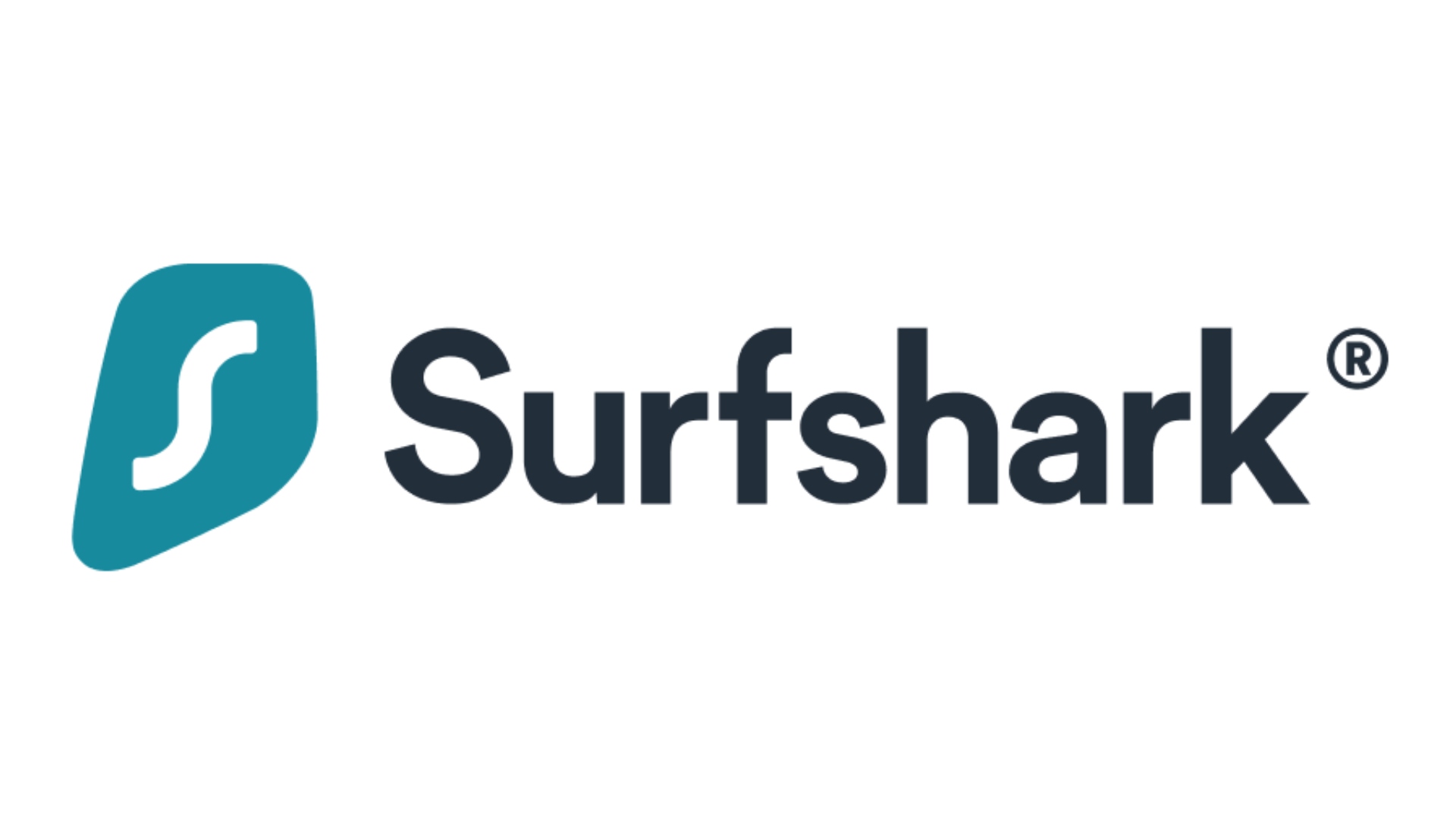
8. Surfshark
Surfshark is the best VPN with an antivirus.
Surfshark features:
| Free plan | No |
| Firewall protection | No |
| Malware removal | Yes (not with the VPN) |
| Data-breach alerts | Yes (certain plans only) |
| VPN | Yes (certain plans only) |
Pros
- Cost-effective privacy and security bundle
- Fantastic VPN service
Cons
- Antivirus itself not as comprehensive as others
- No firewall
VPNs and antiviruses go together like cheese and onions.We’ve mentioned a couple of antiviruses that come with a VPN has a kind of added bonus, but this is a (kind of) reversed situation. Surfshark is best known for its VPN, but it also offers a pretty substantial antivirus service as well. Go for Surfshark One, and you get both together, along with a bunch of other goodies.
This package also gives you Surfshark Search, with trims out the fat when you use search engines, showing only the organic results, rather than all the adverts you’d usually see. Plus, there’s Surfshark Alert, which will notify you if any of the sites you use have a security leak so you know to change any relevant passwords.
It’s a fantastic package for all-around privacy, security, and improved quality of life when using the internet. Admittedly, the antivirus isn’t quite up to the standard as some of the other picks on this list, and despite being a bundle, there’s no firewall here. Nonetheless, if you want a VPN and an antivirus (and you don’t currently have either) this is the best way to get both).
How we chose the best antivirus
When putting this list together, we had several key considerations as to what we should include. Here’s a check list of pointers to look out for:
- Malware removal: Some services are solely focused on keeping malicious files out of your devices, but as no antivirus works 100% of the time, it’s always best to go for an option that can actively remove any malware that manages to get through.
- Firewall: A firewall prevents the download of malicious files and limits the abilities of those that have been downloaded. For a robust security set-up, you’ll want an antivirus which comes with one of these.
- VPN: While an antivirus focuses on security, a VPN focuses on privacy. These allow you to connect to the internet via servers all around the world, making it impossible for malicious parties to track your activities. Any antivirus that offers a VPN immediately stands out more.
- Pricing: As with anything, the cost of different antiviruses varies significantly. Of course, there are cheaper (or even free) options available, which are definitely worth getting, but it’s worth keeping in mind that the cheaper ones might be a little slower, and perhaps aren’t quite as robust.
If you would like to know more about our process for creating these lists, read our how we test page. If you’re left with any lingering questions, check out the FAQs below:
Which is the best antivirus to use on PC?
Bitdefender is our choice. It’s a comprehensive service that will keep you as safe as possible while using the internet. However, it’s never quite a one-size-fits-all situation, so any one of the other seven antiviruses on this list might be better suited to you depending on your needs and budget.
Can antivirus be free?
It certainly can. Both AVG and Avast antivirus have free plans that we recommend. Though free antivirus never offer quite as many security features as their premium counterparts, using them is still thousands of times better than not doing so, as they’ll be able to fend off the vast majority of the threats you may encounter in the digital realms.
Is it okay if I don’t have an antivirus?
Not really. If you don’t use an antivirus, all of the content on your computer is at risk: your photos, bank details, passwords – it’s all fair game to the hackers who create viruses. On top of that, if your device becomes infected, it then poses a risk to any other devices that it might come into contact with. Your whole household could be infected because you connect through the same router. Think of antiviruses as the vaccinations of the internet – they’re just as essential.
Do Apple devices need antivirus software?
The short answer is yes. While Apple is very careful to regulate the apps that can be downloaded on iPhone and iPad, there’s still the risk that you’ll fall victim to a phishing attack. Meanwhile, Mac computers are just as vulnerable on the internet as PCs. All in all, it is good measure to have an antivirus, even if you are using an Apple device.
So those are our choices for the best PC antivirus. We hope that this helps you to narrow down your options and choose the option that’s right for you. If you want more cyber security content, take a look at our best VPN deals guide.
